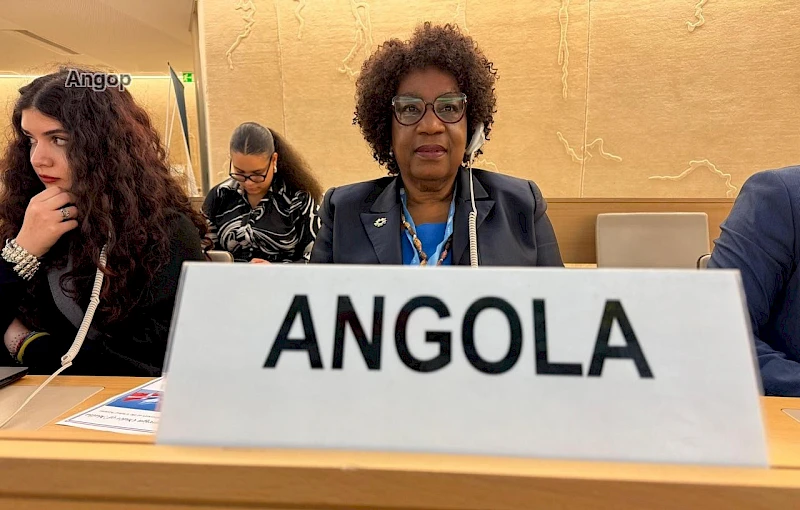Luanda - Angola has implemented all the instruments on International Humanitarian Law that are part of those related to the protection of victims of armed conflicts, the Angolan representative to the United Nations and other international organizations in Geneva, Margarida Izata, said Tuesday in Switzerland.
According to a press release, the ambassador, who was speaking at the 34th International Conference of the Red Cross and Red Crescent, said the country is part of the Geneva Conventions, including those of August 12, 1949 and their Additional Protocols I and II.
The diplomat recalled that soon after national independence, the Angolan Red Cross was created on March 16, 1978 and played a key role in implementing the country's Humanitarian Action Plan, adjusted to the current challenges.
Izata acknowledged that there is an urgent need to create a National Commission for the implementation and dissemination of International Humanitarian Law, after internal consultations with related sectors.
According to the diplomat, Angola attended the 23rd regional seminar on the implementation of International Humanitarian Law held from September 10 to 13 in Pretoria, South Africa, and reiterated that “the process of creating and institutionalizing the National Commission on International Humanitarian Law is underway”.
The diplomat highlighted the humanitarian challenges faced by Angola, with emphasis on the drought and floods in the south of the country, which have received special attention from the Angolan government.
Margarida Izata explained that Angola had strengthened the functional quality of social action services, with special attention to the community level, so that sensitive groups are sufficiently known, through periodic registration.
The diplomat stressed that Angola remains committed to respect and implement IHL, and has therefore been working towards accession and ratification of the other international legal instruments.
The 34th International Conference of the Red Cross and Red Crescent, which takes place under the theme “Navigating uncertainty - strengthening humanity”, is a unique forum that brings together the world's largest humanitarian network and almost all governments.
It is an important event in the humanitarian calendar and the main global forum for enabling and inspiring humanitarian debates on International Humanitarian Law, the last session of which took place in 2019, particularly for reasons linked to the Covid-19 crisis. VIC/MP




























